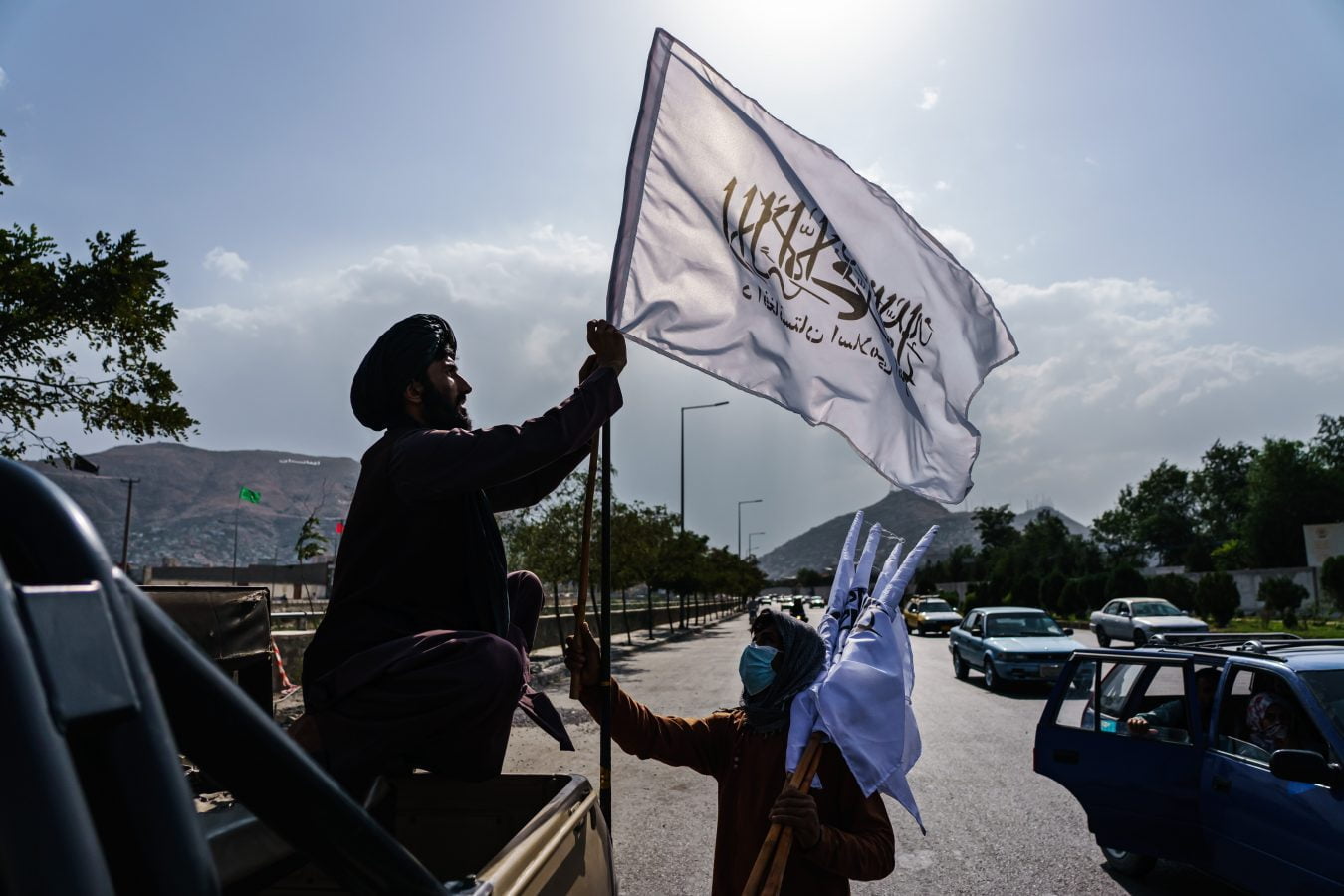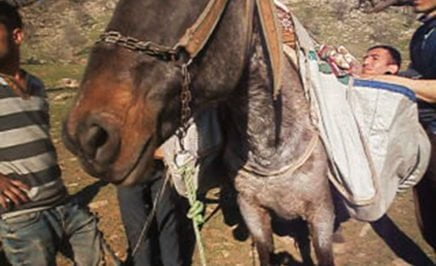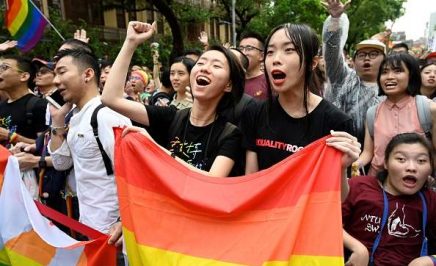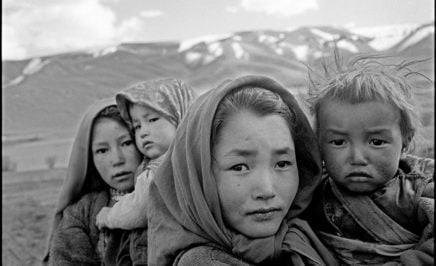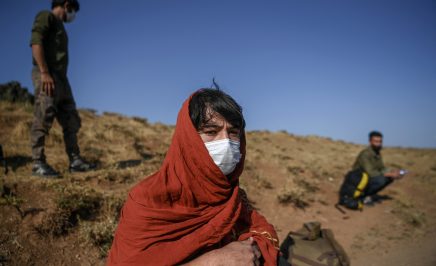Responding to widespread reports that the Taliban are using unlawful force against peaceful protesters and journalists at gatherings across Afghanistan, including using gunfire to disperse crowds and cables to lash protesters, Samira Hamidi, Amnesty International’s South Asia Campaigner, said:
“The Taliban have repeatedly insisted that they will respect human rights, yet these claims are completely at odds with what we are currently seeing and hearing in cities across the country.
“Afghans who have taken to the streets, understandably fearful about the future, are being met with intimidation, harassment, and violence – particularly directed at women. Multiple journalists attempting to cover the protests have reported being detained, beaten up and having their equipment confiscated.
“There have already been reports of casualties, and the risk of a major incident is extremely high. We urge the Taliban to de-escalate the tension and allow people to exercise their fundamental right to gather peacefully and protest.
“Journalists must also be permitted to report on the protests without fear of violence. For its part, in ongoing negotiations with the Taliban, the international community must use all leverage to demand that these basic rights are protected.”
Background
According to media reports, peaceful protests in Kabul, Badakhshan and Herat over the past two days have been dispersed by Taliban fighters firing rifles into the air, while some female protesters have reportedly been lashed with cables.
Amnesty International has independently verified videos of Taliban fighters firing guns into the air to disperse protests in Kabul, and also verified videos of violence against women protesters between 4 and 7 September in Kabul committed by the Taliban.
Journalists and cameramen from Afghan media outlets Ariana, Tolo and Etilaat-e- Roz have said that they were beaten up and detained by Taliban fighters while trying to cover protests, before having their equipment confiscated or their footage destroyed.
